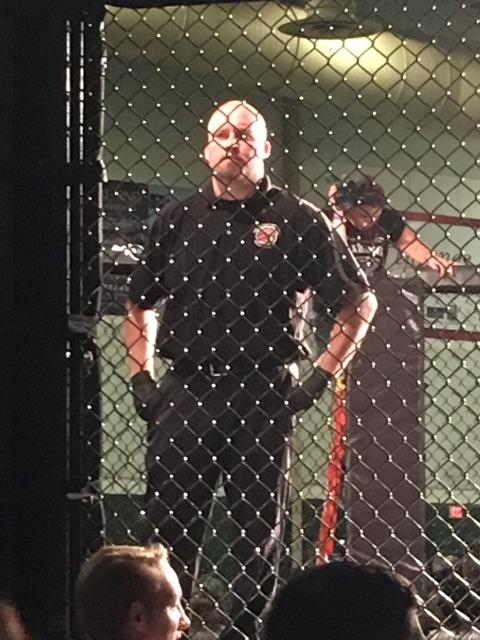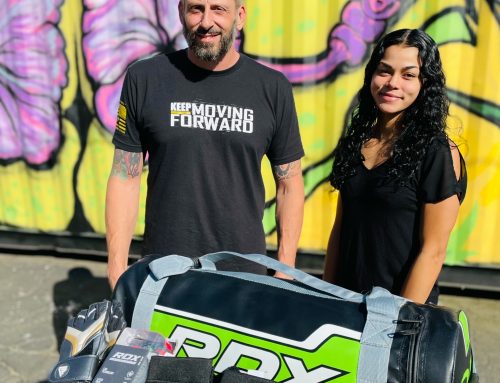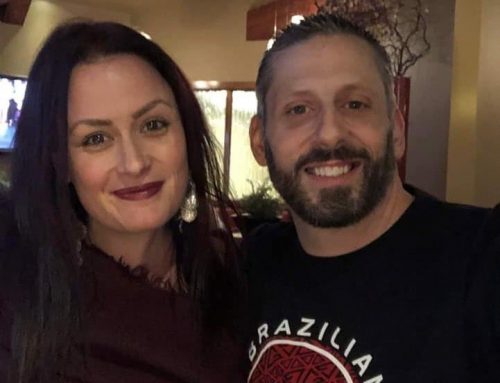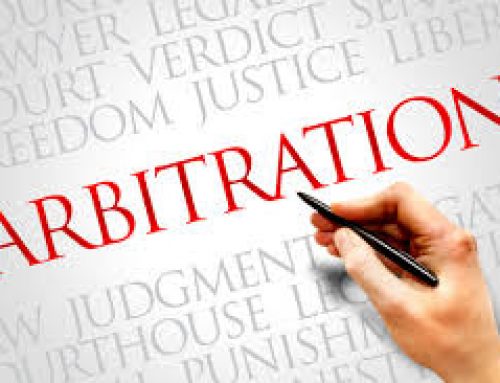Here at UMMAF we get a lot of questions from people on how to become an MMA referee or judge. The lure of being up close to a combat sports contest, or cageside to judge one can seem very exciting, however few people know how to get there, and the many misconceptions there are in doing so.
The first thing you have to realize is that there is no shortage of referees and judges in the United States. In fact in some states there are too many to keep everyone working consistently. This isn’t to say that you should give up on your dream to referee or judge. You just need to know that the competition to get assigned to events can be fierce and it may be difficult to get assigned ahead of officials and judges that are already established within state athletic commissions or amateur MMA sanctioning organizations.
The first question you need to ask yourself is “Why do I want to be a referee or judge?”. For some it’s purely for the love of the sport. For others it may be a way to stay involved after their competition career is over. Is it for the money? The one big misconception out there is that being a referee or judge pays well. Typically it doesn’t, especially when you are first starting out. Even the highest level judges and referees likely don’t get paid as much as you think. Promoters and Event Directors are budget minded, so when it comes to staffing an event it’s hard to justify flying officials in or paying out a lot of mileage to a prospective official if there are competent local referees and judges available. What many young officials end up having to do is get on the road or purchase their own flights and hotel rooms just to get their foot in the door. This is typically called “paying your dues”.
Another misconception out there is that when you get your first assignment to an event, you will start refereeing or judging right away. Almost always this is not the case. The requirements to officiate or judge MMA events can vary from state commission to state commission or organization. Generally, most state athletic commissions will require you to obtain a physical and in some cases an eye exam and then want you to have some sort of training. In the United States the most recognized training is via the ABC, or Association of Boxing and Combative Sports Commissions. This group is generally comprised of most state athletic commissions. The ABC has several endorsed trainers. It’s important to realize, this is not a certification, just training. Of the recognized ABC trainers you might recognize some names. John McCarthy, Herb Dean, Blake Grice, Kevin McDonald and others all have courses that are ABC recognized and go a long way in teaching rules and judging criteria. Many amateur organizations also recognize this training but may also have different requirements.
When it comes to training to become a new official or judge, you may find yourself needing to temper your expectations for a while. Even though you may have received training from a top notch official, this still doesn’t translate into experience. In organizations such as UMMAF you may be asked to shadow an experienced inspector for a while. The job of an inspector is critical and often under appreciated. It is their duty to coordinate the the dressing rooms, stage fighters for their walk out’s, inspect and verify proper hand wraps, enter the cage between rounds with the coaches to ensure corner protocols are being met etc. It is important to remember that you need to learn the back end of an event before you can work the front, so take it all in during this time and learn learn learn. After your time shadowing inspectors, you may be asked to work as a full time inspector for a while…..more paying your dues.
After your time as an inspector (in UMMAF and some other organizations) you will likely be tasked with shadow judging. This will show the event representative your command of the judging criteria. You may be given a set of scorecards that will not count at that particular event but will instead be compared to the assigned judges for that night. The goal here is to make sure your cards are on point with experienced judges and that you can be consistent with you scoring and understand what you are looking at. This is where knowing the differences between scoring a 10-9 round, 10-8 round or even maybe a 10-7 round come into play. After shadow judging a few shows, provided no issues have arisen in your scorecards, you may be asked to judge where your scorecards will count in future events.
For those that wish to continue on with refereeing, there is no way to really shadow another referee inside of the cage during a fight. This is where any prior officiating experience can come in handy. Wrestling, Jiu Jitsu, grappling, boxing and kickboxing officials tend to make this transition easier however not all MMA referees have prior officiating experience. Some are former fighters, and others have no prior experience and have just grinded through the process and found experience through repetition. Another way to gain experience prior to stepping into a cage is to visit a local MMA Gym and ask if you can referee their sparring. This is a great way to learn your positioning and identify fouls as well as work out some jitters.
It’s important to remember that continual education and training is a must for referees and judges. Watching fights on television without sound is a great way to judge a fight without being influenced by commentary or crowd noise. As we said before, going to gyms to officiate and judge sparring, or attending yearly ABC training with a recognized instructor or at the annual ABC conference is a great way to continually sharpen your skills and talk with other officials of all skill levels.
None of this should be construed as the only path to judging or officiating, but as a guide to bring the realities of the process to light. The process can be a grind, frustrating, expensive, disheartening and the most rewarding thing you have ever done. If your ready for the challenge I encourage you to reach out to your state athletic commissions or amateur sanctioning organizations for their particular requirements and event schedules and start your journey. Good luck and hope to see you cageside!






